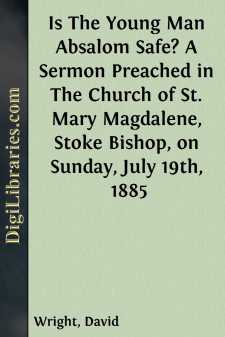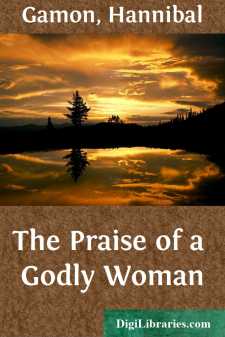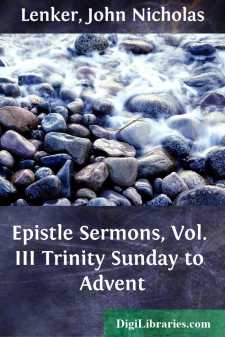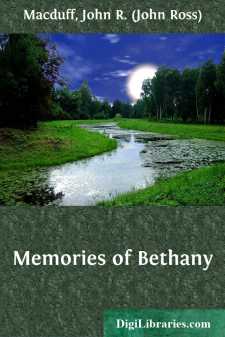Categories
- Antiques & Collectibles 13
- Architecture 36
- Art 48
- Bibles 22
- Biography & Autobiography 815
- Body, Mind & Spirit 144
- Business & Economics 28
- Children's Books 18
- Children's Fiction 14
- Computers 4
- Cooking 94
- Crafts & Hobbies 4
- Drama 346
- Education 58
- Family & Relationships 59
- Fiction 11834
- Games 19
- Gardening 17
- Health & Fitness 34
- History 1378
- House & Home 1
- Humor 147
- Juvenile Fiction 1873
- Juvenile Nonfiction 202
- Language Arts & Disciplines 89
- Law 16
- Literary Collections 686
- Literary Criticism 179
- Mathematics 13
- Medical 41
- Music 40
- Nature 179
- Non-Classifiable 1768
- Performing Arts 7
- Periodicals 1453
- Philosophy 65
- Photography 2
- Poetry 896
- Political Science 203
- Psychology 44
- Reference 154
- Religion 515
- Science 126
- Self-Help 85
- Social Science 83
- Sports & Recreation 34
- Study Aids 3
- Technology & Engineering 59
- Transportation 23
- Travel 463
- True Crime 29
Our website is made possible by displaying online advertisements to our visitors.
Please consider supporting us by disabling your ad blocker.
Is The Young Man Absalom Safe? A Sermon Preached in The Church of St. Mary Magdalene, Stoke Bishop, on Sunday, July 19th, 1885
by: David Wright
Description:
Excerpt
SERMON.
2 Samuel xviii. 29.
"IS THE YOUNG MAN ABSALOM SAFE?"
The touch of nature comes out strongly here. And it is this touch of nature appearing always in the Old Testament stories which gives to them their reality. The writer of ordinary histories has for the most part his favourites. These are the heroes of his imagination, and the history of their doings is unconsciously tempered by this partiality. And there are others whom he holds in disfavour. And the figure of these on his page is darkened accordingly. And the book of another historian passes over the same ground. But his sympathies are all the other way; and the lineaments are altered; and the heroes are displaced; and forms which are not heroes stand where they had stood. And so the readers of history are mystified. They do get at events. But the actors in them wear no fixed shape. Their form varies.
It is not so with the figures in the Old Testament. It is true they are seen upon that page only. No second historian of the least authority has any place in those scenes. But yet the narrative shows its faithfulness apart from any such test. There are no signs anywhere of favour or of disfavour interfering with fidelity. It is not certain who the author was of the Books of Samuel. But whoever he may have been he was certainly an admirer of David. That illustrious king stood on a pedestal of his own before all the nation. And this writer tells the principal events with which David's life and reign were mixed up. But we can discover without a critical eye that he tells them with rigid and inexorable adherence to nature and to fact. One of the very darkest transactions belonging to that life, or indeed to any other life in those past ages, is related point by point with no attempt at alleviation: only with this comment at the end: "But the thing which David had done displeased the Lord." If the pen of the writer who tells the story of Absalom's rebellion had been guided by favour or flattery, the fact would have been suppressed or at least toned down, that the King's first word to the breathless messenger who brings tidings of the victory which has saved his crown is this, "Is the young man Absalom safe?" It is natural, it is human, it is fatherly, it is pathetic and beautiful, but it is not heroic.
This young man Absalom comes upon the page a few chapters back, and gathers upon his name quickly the dark stain of murder. It is true he has received most awful provocation, and the victim of that crime has little of our sympathy. But there is no sign of penitence or of sorrow in the mind of Absalom for this deep offence, by which he has violated God's most holy law. His course runs on; it is a selfish, wilful, violent, and graceless course, unredeemed, as far as we can see, by any trace of better things. And it ends in base rebellion against the throne and life of the father who had shown to this son more favour and affection than to any of the rest. And the king fled before Absalom and went over Jordan, and the rebel host followed, and there was a great battle....






